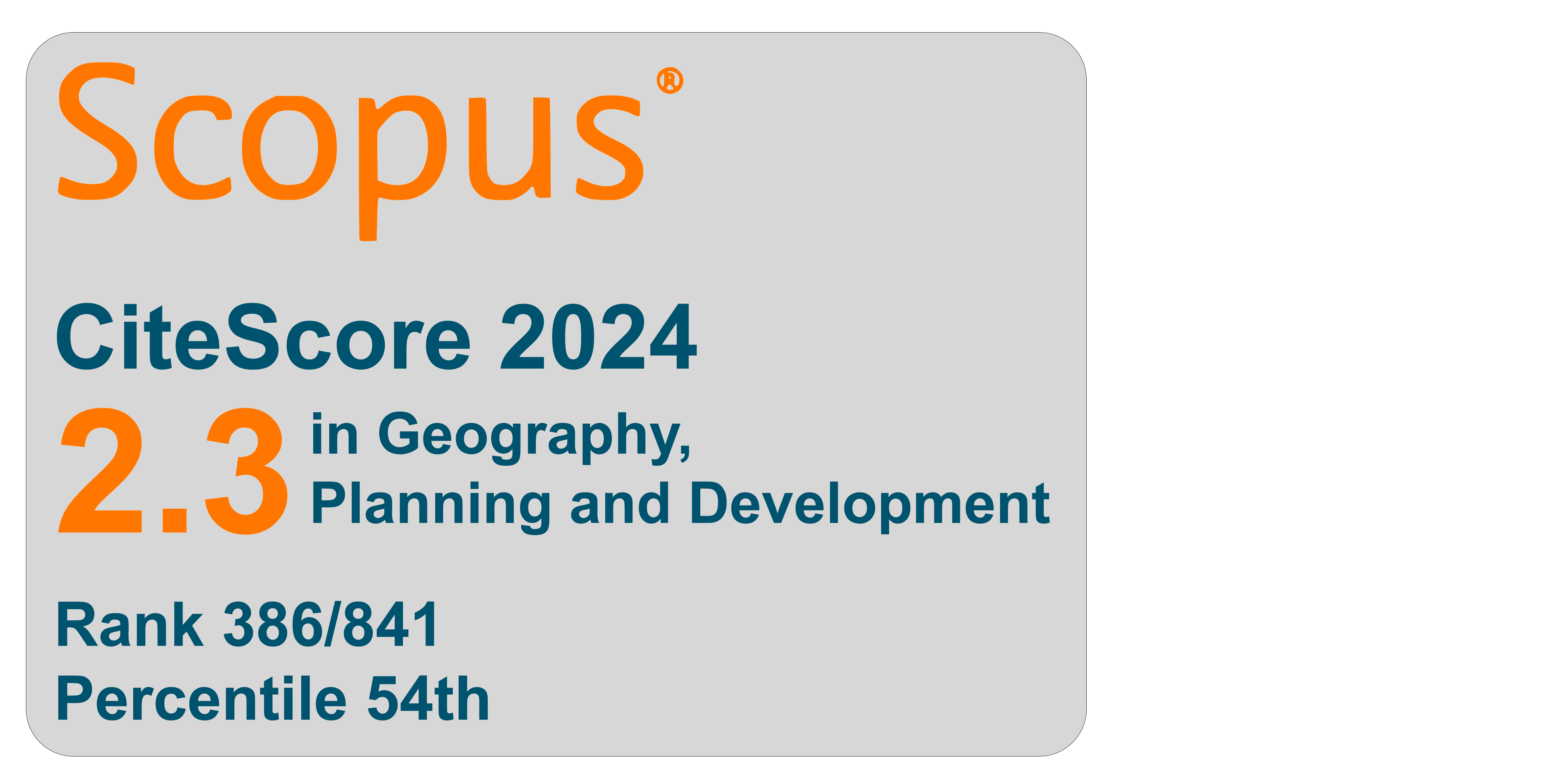Transit oriented development: theory and implementation challenges in Ghana.
DOI:
https://doi.org/10.6092/1970-9870/6981Keywords:
Ghana, Accra, TOD, Transport, CorridorAbstract
Transit Oriented Development (TOD), encourages densification around transport nodes with a combination of work, educational facilities, commercial activities and other basic services. Implementing TOD in Ghana would however, be a faced with a number of challenges. The systematic review approach which is based on published scholarly works was adopted. The paper aimed at exploring the major characteristics, benefits and the institutional and operational challenges of TOD in Accra. The paper identified the possible benefits of TOD in Accra to include reduction in motorisation and congestion, promotion of walkability and other forms of non-motorised transport, public transit ridership and improvement in the liveability of neighbourhoods. The challenges that would be associated with the implementation of TOD in Accra include the absence of a clear policy initiative of the concept in Ghanaian cities; inadequate budgetary support for strategic urban land use planning and for development control; the existence of different ownership regimes within a sizeable stretch of land; and the existence of an ill-planned urban transportation system. Policy options suggested included a new housing policy that will encourage densification, mixed-income housing schemes with stronger government-private and sustainable financing schemes; and a planning regime that integrates transportation, land use and housing development.
Downloads
Downloads
Published
How to Cite
Issue
Section
License
Copyright (c) 2020 Kwabena Koforobour Agyemang, Regina Obilie Amoako-Sakyi, Kwabena Barima Antwi, Collins Adjei Mensah, Albert Machistey Abane

This work is licensed under a Creative Commons Attribution-NonCommercial 4.0 International License.



